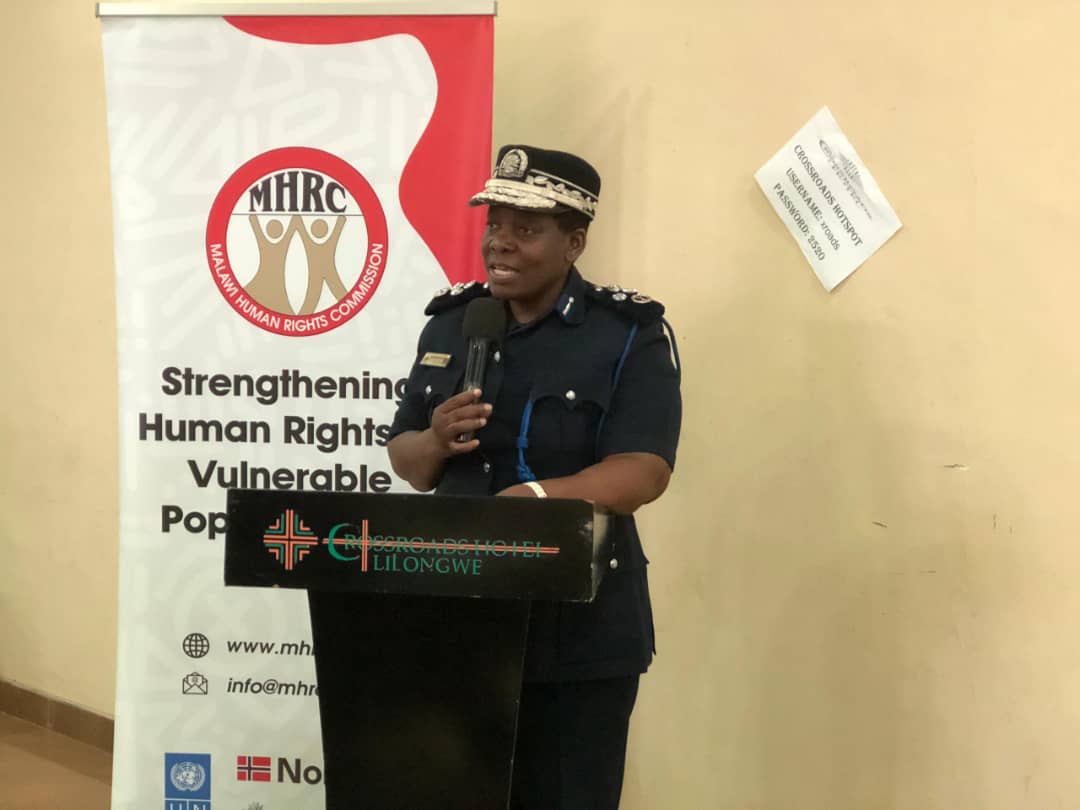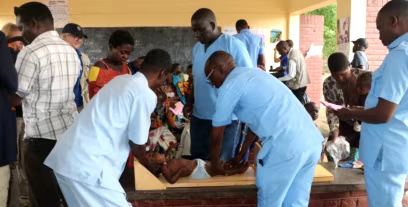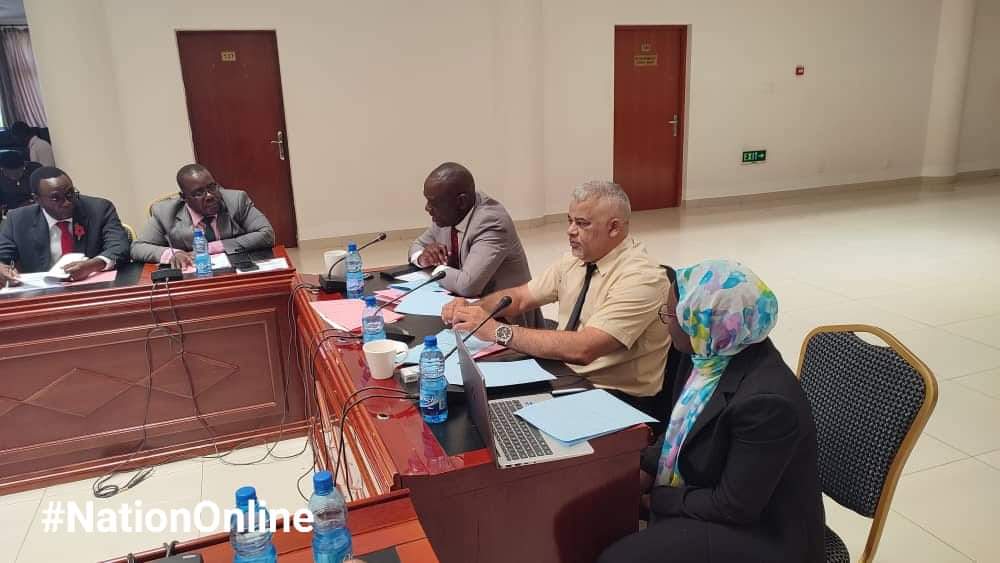By Brighton Tchongwe
The Inspector General of the Malawi Police Service, Merlyne Yolamu, says gender mainstreaming is essential in promoting peace and security and in designing affirmative actions that specifically target women and vulnerable groups in the country.
Speaking at a workshop in Lilongwe for women in security institutions and implementing partners, Yolamu said that gender mainstreaming is also key for achieving gender equality.
She explained that it involves recognizing and integrating the different concerns and realities of both women and men into policymaking, strategic planning, implementation, and evaluation.
“We need to create an environment that respects and values every individual, providing equal opportunities for career advancement, skills development, and leadership positions, regardless of gender,” Yolamu stated.
She also noted that women’s involvement in negotiations during conflicts often leads to more sustainable peace agreements, as they address social issues that may be overlooked by their male counterparts.
“It is essential to recognize and actively promote the contributions of women in fostering peace and security,” she added.
Yolamu underscored the need for affirmative actions aimed at empowering women within security institutions, including recruitment initiatives, mentorship programs, leadership training, and the creation of supportive networks and forums that champion women’s rights and development.
“Programs designed specifically for marginalized groups can help ensure their voices are included in discussions about security matters that directly affect them, such as access to justice and protection from violence during conflicts,” she added.
In her remarks, Malawi Human Rights Commission Executive Secretary Habiba Osman emphasized the commission’s critical role in monitoring the implementation of policies, including sexual harassment policies, to protect the welfare of women in the workplace.
Meanwhile, UN Women Country Representative Letty Chiwara stressed the importance of placing women at the center of leadership to influence development and inform policies that support those left behind.
“The security sector is crucial because it is through this sector that women feel safe and secure; its role is to protect women and girls,” Chiwara said.




